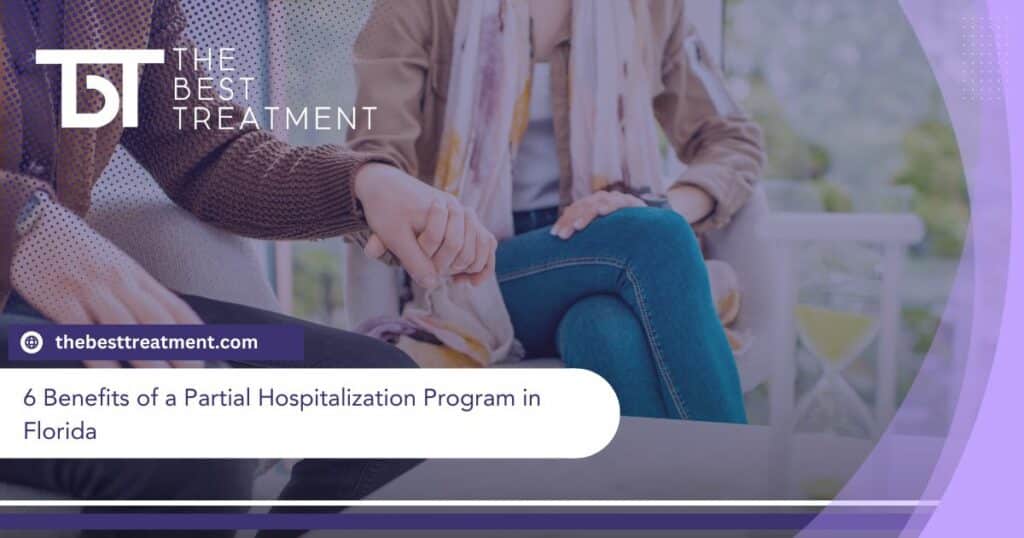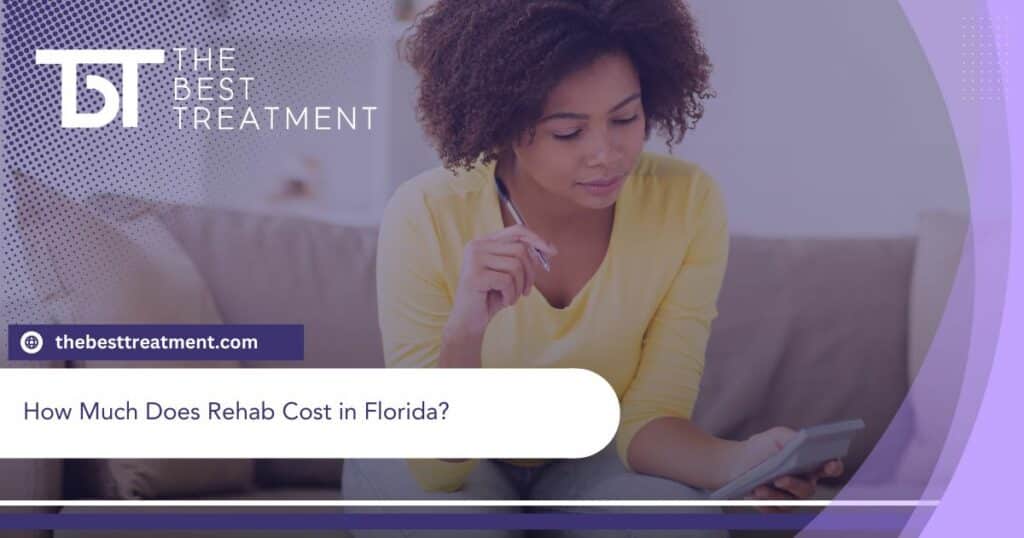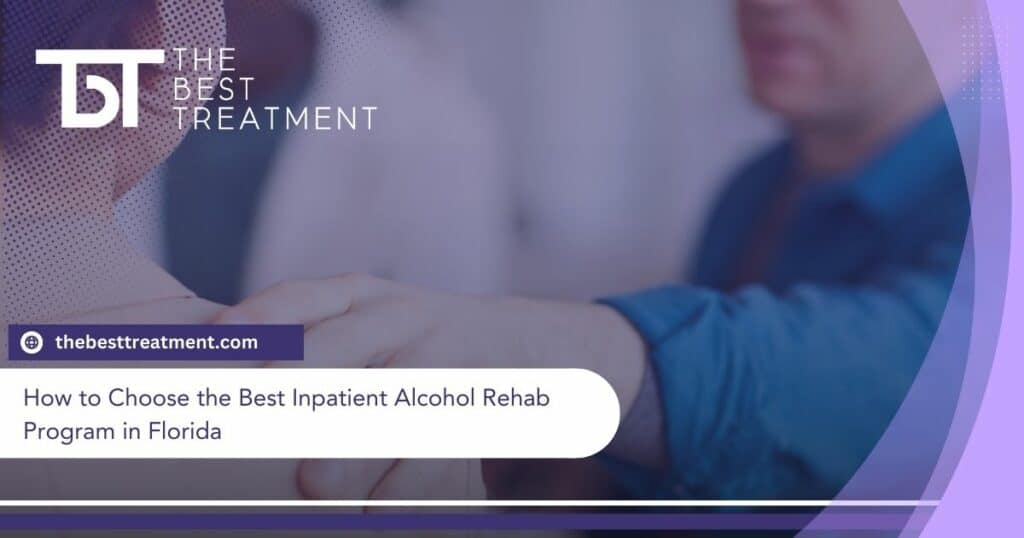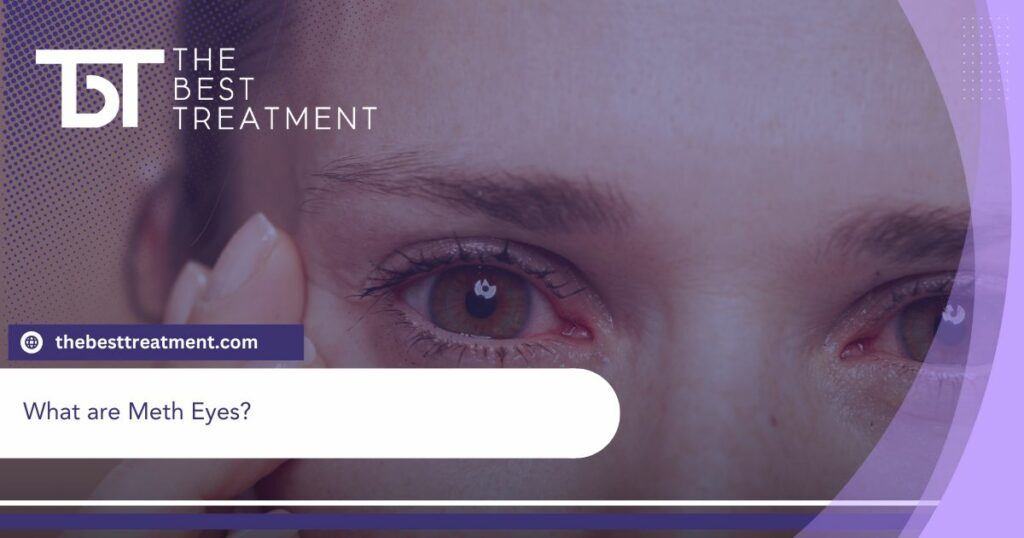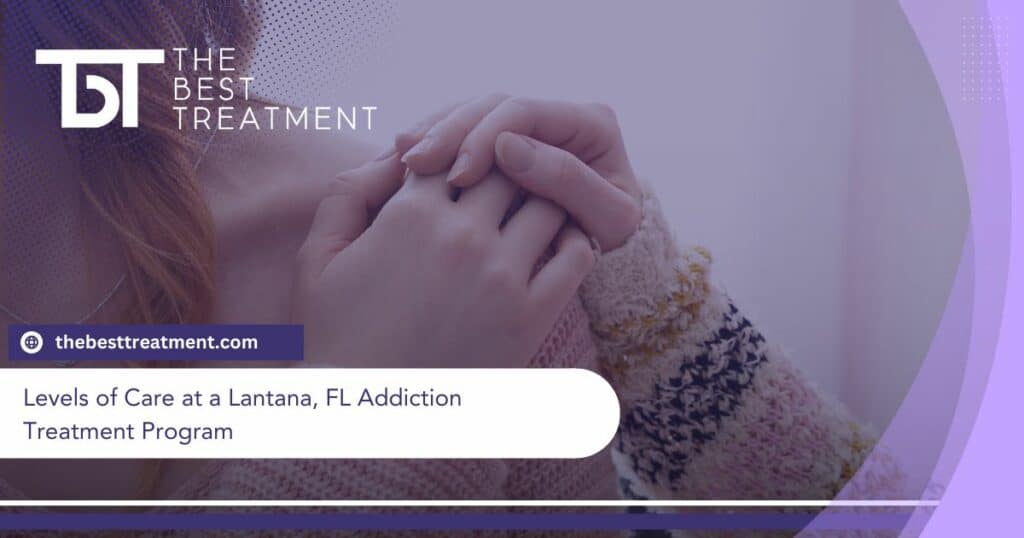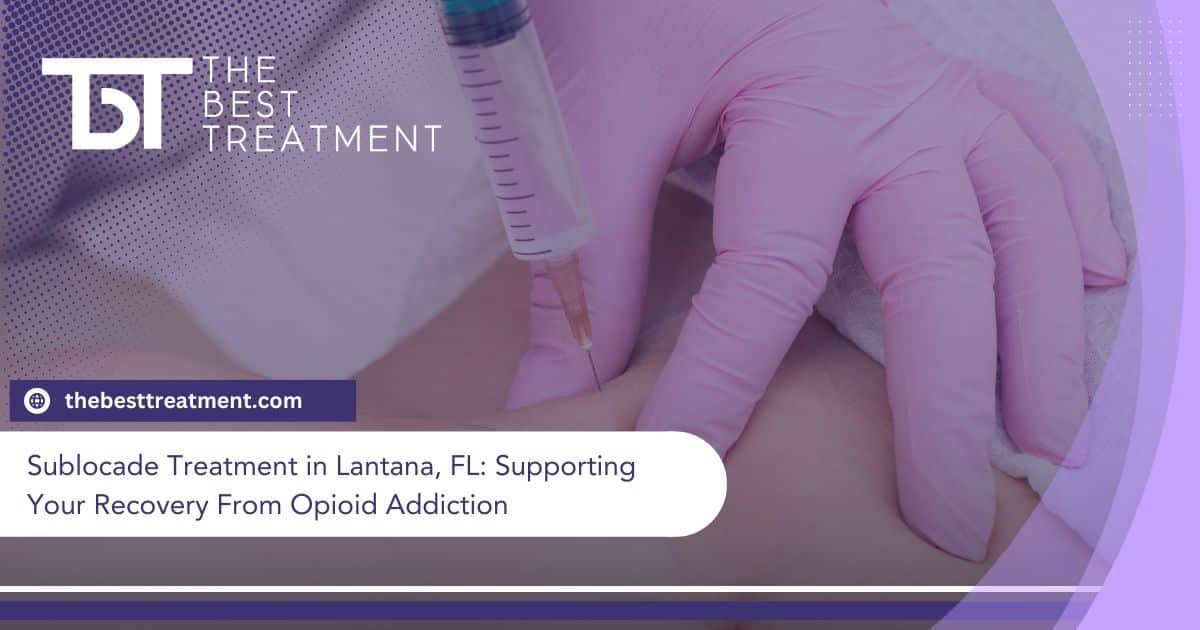Table of Contents
Opioid addiction is a major issue that impacts more than three million Americans. Data shows that 83,000 people died from opioid-related overdoses in 2022.
However, for those who seek help, there are solutions. Medication-assisted treatment (MAT) is a proven method for treating opioid addiction. It combines FDA-approved medications with counseling and therapy to offer a comprehensive path to recovery. Sublocade is one such medication used in opioid addiction treatment.
What is Sublocade?
Sublocade is a prescription medication that was approved by the US Food and Drug Administration (FDA) in 2017 to treat opioid dependence. Sublocade is a monthly injection of extended-release buprenorphine.
What is Buprenorphine?
Buprenorphine is a type of medication called a partial opioid agonist. Full opioid agonists, such as heroin, oxycodone, and methadone, bind to opioid receptors in the body. They cause pain relief, euphoria, and respiratory depression. Partial opioid agonists are similar to full opioid agonists in the way that they bind to opioid receptors in the body. However, unlike full opioid agonists, buprenorphine does not produce feelings of euphoria. It also has what is known as a “ceiling effect” so it stops producing increasing effects if people take it in high doses.
By binding to opioid receptors, buprenorphine can help normalize brain chemistry in people who are physically dependent on opioids. This results in reduced withdrawal symptoms and cravings.
How Does the Sublocade Shot Work?
Sublocade (buprenorphine extended-release) is injected once monthly as a subcutaneous injection. A licensed healthcare professional administers it and is typically given on the abdomen.
The liquid injection forms into a solid gel-like substance called a “depot” once it is injected under the skin. This depot releases a steady dose of buprenorphine into the bloodstream all month long.
While oral forms of buprenorphine are available, the Sublocade shot keeps even levels of buprenorphine in the body, helping to reduce the highs and lows associated with the oral medication. Additionally, since it is given by a healthcare provider rather than sent home with the patient, there is very little risk for abuse.
Sublocade can reduce cravings in people who are trying to overcome opioid addiction. It is designed to be used in tandem with a comprehensive treatment program that involves counseling and behavioral therapy.
Who Can Take Sublocade?
Sublocade is intended for use in people who suffer from opioid use disorder and have taken an oral dose of buprenorphine for at least seven days. This induction period helps the body adjust to buprenorphine and ensures the medication is tolerated well before getting the extended-release injection.
The ideal candidate for Sublocade treatment is:
- Diagnosed with a moderate to severe opioid use disorder
- Committed to participating in a complete treatment program, including detox, therapy, and aftercare
- Highly motivated to stay sober
- Able to visit the clinic each month for their injections and check-ins
What Side Effects Occur While Taking Sublocade?
Sublocade may cause side effects in some people. Many of the side effects are self-limiting and resolve within a few days.
Common Sublocade side effects include, but are not limited to:
- Injection site reactions (pain, swelling, redness, itching, and irritation at the injection site)
- Constipation
- Headache
- Nausea
- Vomiting
- Fatigue
Buprenorphine extended-release treatment is not intended for those who are allergic to buprenorphine or those who struggle with addictions not involving opioids.
Comprehensive Addiction Treatment With Sublocade
Sublocade is a tool that can be used to help treat opioid addiction, but it isn’t a cure. Addiction must be treated with counseling, behavioral therapy, lifestyle changes, and peer support. As a result, individuals who are taking Sublocade must participate in a complete treatment program.
Sublocade can be used as part of an inpatient or outpatient program. Although treatment plans should be tailored to each person’s unique needs, rehab often involves:
- Individual therapy
- Group therapy
- Family therapy
- Cognitive behavioral therapy (CBT)
- Relapse prevention therapy
- Holistic therapies (yoga, meditation, art, exercise, nutrition, and more)
- Case management
- Peer support groups
- Aftercare planning
Together, these services can help individuals address the root causes of their addiction and co-occurring mental health issues, develop healthy coping skills, and become equipped with the tools and resources they need to stay sober.
Understanding the Benefits of Medication-Assisted Treatment (MAT)
By alleviating cravings, Sublocade can help boost retention in treatment and reduce the potential for relapse. Clinically proven benefits of treating opioid addiction using MAT include:
- Increased treatment retention
- Improved long-term outcomes
- Reduced criminal behavior associated with substance abuse
- Reduced HIV/AIDS, Hepatitis C, and other needle-borne illnesses associated with IV opioid use
- Improved birth outcomes in mothers who are pregnant while addicted to opioids
Find Out if Sublocade Treatment in Lantana, FL is Right for You
At The Best Treatment Center, we encourage clients to embrace whatever approach to recovery works for them. We’re able to support individuals who are taking Sublocade with our evidence-based addiction treatment programs in Lantana, FL.
By offering multiple levels of care, we slowly guide individuals toward a self-guided life in recovery. From residential treatment to aftercare, we’re committed to delivering personalized care to each of our clients. To learn more about Sublocade or to discuss your opioid addiction treatment options, please contact our team today.
This blog is for general informational purposes only.
Medically Reviewed: September 25, 2019

All of the information on this page has been reviewed and verified by a certified addiction professional.





